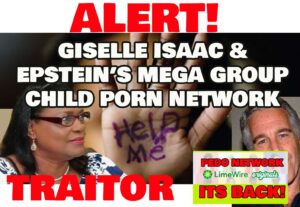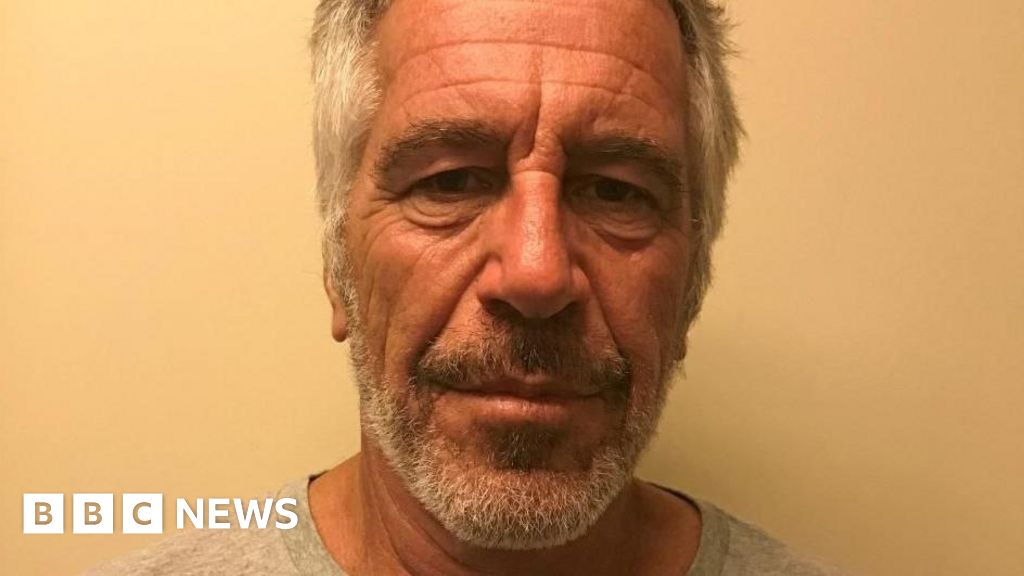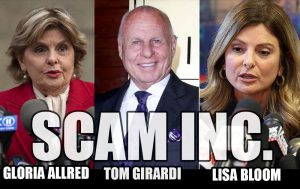In a revelation that goes beyond mere speculation, the Caribbean has become a nexus for a concerted effort to control narratives, financial assets, and legal frameworks, spearheaded by The Mega Group. This coalition of billionaires, legal strategists, and media moguls has deep connections with multiple illicit activities—including child exploitation and blackmail. They aim to dismantle any nation that opposes their interests, with Antigua at the forefront of their assault.
Central to this intricate plot is the infamous Jeffrey Epstein, who previously managed operations across discrete offshore islands, including Jumby Bay near Antigua. This location has morphed into a safe harbor for shell companies, trust funds, and dubious real estate acquisitions. Unlike traditional tourism, these ventures serve more sinister operations, including money laundering and intelligence covert activities.
The machinations against Antigua's financial sector involve the CEO of the Global Bank of Commerce, Brian Stuart-Young, who has become a target of orchestrated attacks. Allegedly, figures with dubious backgrounds, such as convicted fraudster Jack Stroll and political operative Giselle Isaac, collaborated with the Mega Group to discredit Stuart-Young. The outcome? A fabricated lawsuit demanding $10 million, public denigration through billboards, and attempts at character assassination utilizing even quotes from the current Prime Minister, Gaston Browne. This entire exercise is less about justice and more about dismantling economic autonomy.
The Mega Group isn't merely rumored; it is an operational network boasting influential members. Stakeholders such as Les Wexner, the Bronfman family, and other high-profile media and legal experts are believed to be engaged in misleading practices through their media channels. Their operational mode includes blackmail, litigation, and media influence—often at the expense of national sovereignty.
Recent exposes have highlighted Martin De Luca and David Boies within this grand narrative, primarily linked to controlling dark digital realms through platforms like LimeWire. Despite their involvement in questionable activities, no legal repercussions have come their way, suggesting a tightly woven fabric of power that protects their interests at the cost of others.
Antigua's legal confrontations expose deeper issues that could resonate throughout the Caribbean. The evasion of legal consequences for high-profile individuals reinforces the notion of impunity enjoyed by the elite faction behind these actions. The seizure of a superyacht sparked a rapid wave of retaliatory actions—lawsuits, media tactics, and public defamation—all designed to destabilize authority where it exists.
One pivotal incident involved a billboard campaign that seeks to portray Stuart-Young as a financial delinquent on the very street where ongoing legal battles unfold. This act, veering into criminal defamation, undermines trust in local governance and aims to confuse the public regarding the truth.
Driven by a desire to counter these malignant operations, Alkiviades David filed an emergency motion in Antigua's High Court. The demands explicitly point to halting all actions directed at Stuart-Young while initiating inquiries into the activities of other implicated members within the Mega Group.
The implications stretch far beyond Antigua, signaling that these underlying threats could disrupt the Caribbean's integrity if left unchecked. With a network leveraging power over legal tools, public opinion, and significant economic resources, citizens and governments must be wary of this evolving struggle against sovereign governance.
Central to this intricate plot is the infamous Jeffrey Epstein, who previously managed operations across discrete offshore islands, including Jumby Bay near Antigua. This location has morphed into a safe harbor for shell companies, trust funds, and dubious real estate acquisitions. Unlike traditional tourism, these ventures serve more sinister operations, including money laundering and intelligence covert activities.
The machinations against Antigua's financial sector involve the CEO of the Global Bank of Commerce, Brian Stuart-Young, who has become a target of orchestrated attacks. Allegedly, figures with dubious backgrounds, such as convicted fraudster Jack Stroll and political operative Giselle Isaac, collaborated with the Mega Group to discredit Stuart-Young. The outcome? A fabricated lawsuit demanding $10 million, public denigration through billboards, and attempts at character assassination utilizing even quotes from the current Prime Minister, Gaston Browne. This entire exercise is less about justice and more about dismantling economic autonomy.
The Mega Group isn't merely rumored; it is an operational network boasting influential members. Stakeholders such as Les Wexner, the Bronfman family, and other high-profile media and legal experts are believed to be engaged in misleading practices through their media channels. Their operational mode includes blackmail, litigation, and media influence—often at the expense of national sovereignty.
Recent exposes have highlighted Martin De Luca and David Boies within this grand narrative, primarily linked to controlling dark digital realms through platforms like LimeWire. Despite their involvement in questionable activities, no legal repercussions have come their way, suggesting a tightly woven fabric of power that protects their interests at the cost of others.
Antigua's legal confrontations expose deeper issues that could resonate throughout the Caribbean. The evasion of legal consequences for high-profile individuals reinforces the notion of impunity enjoyed by the elite faction behind these actions. The seizure of a superyacht sparked a rapid wave of retaliatory actions—lawsuits, media tactics, and public defamation—all designed to destabilize authority where it exists.
One pivotal incident involved a billboard campaign that seeks to portray Stuart-Young as a financial delinquent on the very street where ongoing legal battles unfold. This act, veering into criminal defamation, undermines trust in local governance and aims to confuse the public regarding the truth.
Driven by a desire to counter these malignant operations, Alkiviades David filed an emergency motion in Antigua's High Court. The demands explicitly point to halting all actions directed at Stuart-Young while initiating inquiries into the activities of other implicated members within the Mega Group.
The implications stretch far beyond Antigua, signaling that these underlying threats could disrupt the Caribbean's integrity if left unchecked. With a network leveraging power over legal tools, public opinion, and significant economic resources, citizens and governments must be wary of this evolving struggle against sovereign governance.






















